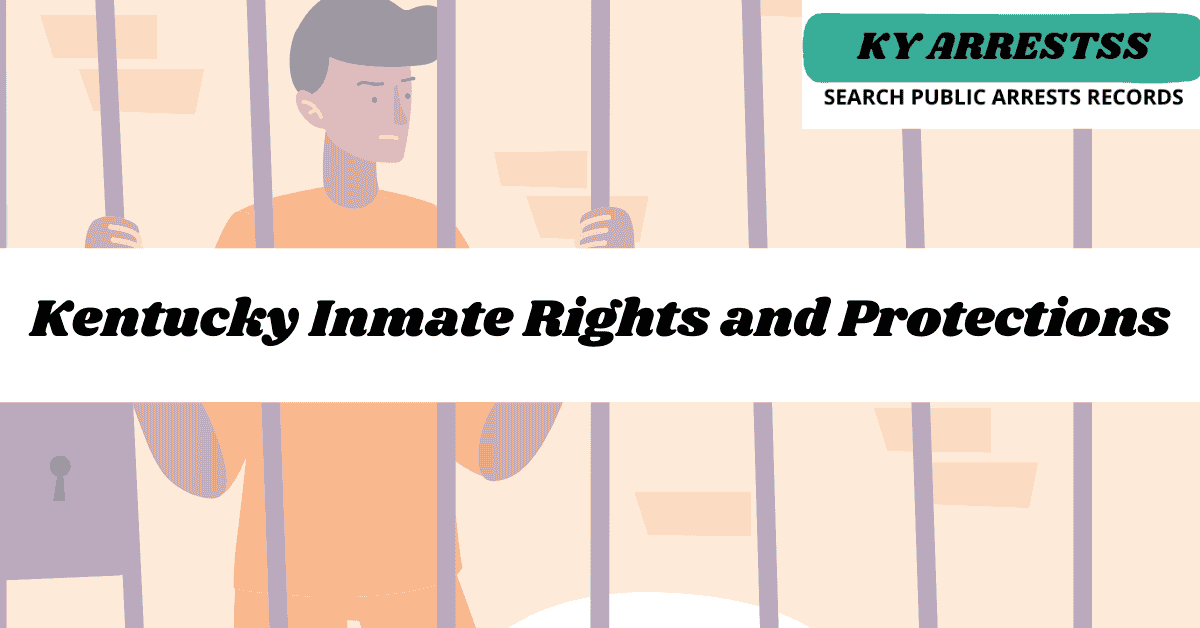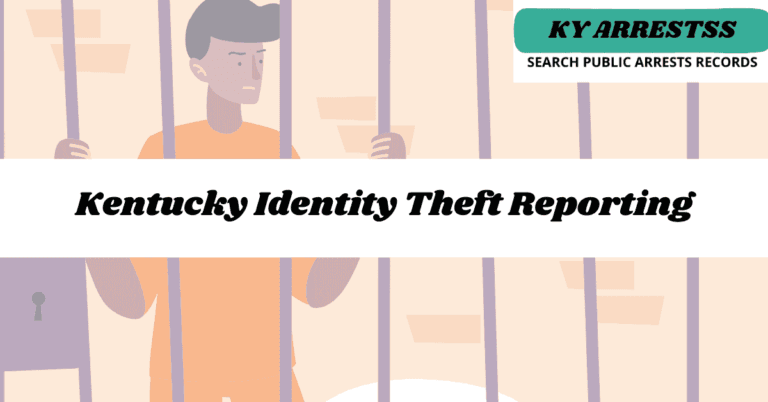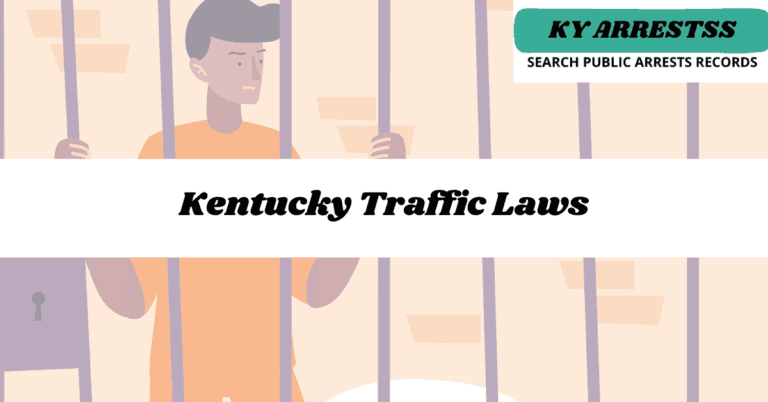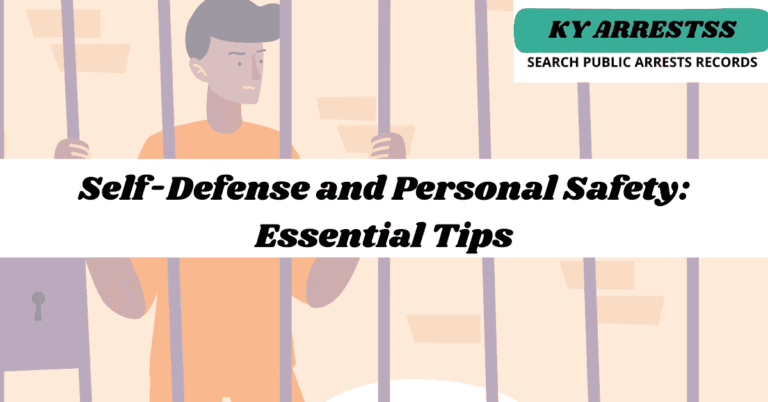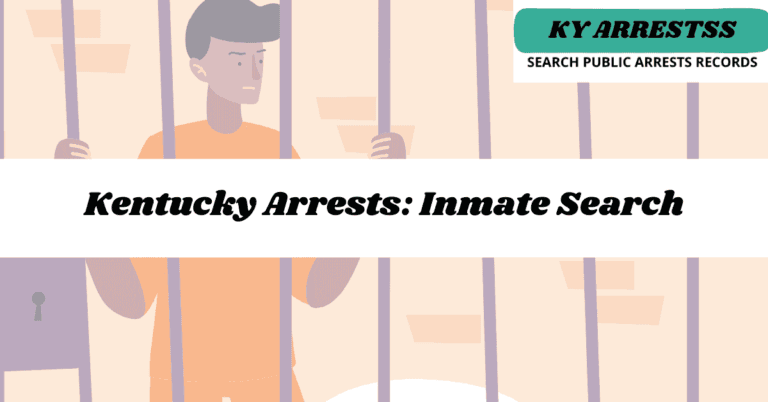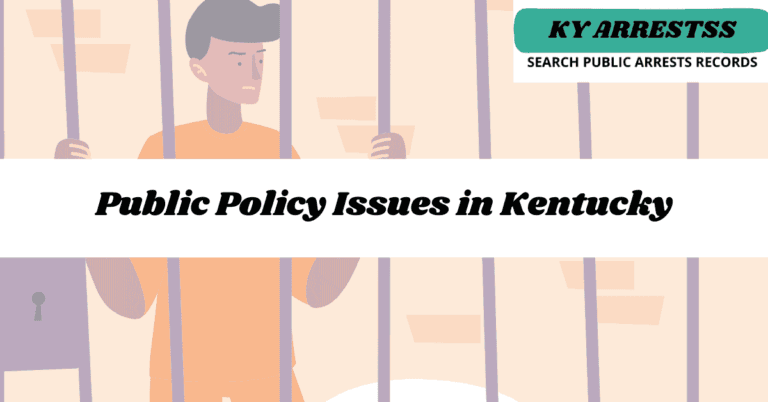Kentucky Inmate Rights and Protections
In the American criminal justice system, ensuring the rights and protections of inmates is crucial for maintaining a fair and just society. In Kentucky, like in many other states, inmates are entitled to certain rights guaranteed by both the U.S. Constitution and state laws. Understanding these rights is essential for inmates, their families, legal representatives, and advocates. Let’s delve into the various aspects of Kentucky inmate rights and protections.
Constitutional Rights of Inmates
The foundation of inmate rights in the United States lies in the Constitution. Regardless of their status, inmates retain certain fundamental rights, including those protected by the First, Eighth, and Fourteenth Amendments. These rights encompass freedom of speech, protection from cruel and unusual punishment, and due process of law. In Kentucky, these constitutional protections apply to inmates within the state’s correctional facilities.
Access to Legal Representation
Access to legal representation is a fundamental right for inmates facing legal proceedings. In Kentucky, inmates have the right to seek legal assistance either through appointed counsel or by hiring private attorneys. Legal aid organizations also offer support to inmates who cannot afford legal representation. Ensuring access to competent legal counsel is essential for safeguarding inmates’ rights throughout the judicial process.
Freedom from Cruel and Unusual Punishment
The Eighth Amendment prohibits cruel and unusual punishment, including excessive force, inadequate medical care, and deplorable living conditions. Kentucky prisons are mandated to provide humane treatment to inmates, ensuring their physical and mental well-being. Any instances of abuse or neglect must be addressed promptly to uphold inmates’ constitutional rights and dignity.
Healthcare Rights of Inmates
Inmates have the right to receive adequate medical care while incarcerated. Kentucky prisons are obligated to provide essential healthcare services, including routine check-ups, emergency treatment, and access to medication. Proper healthcare not only promotes the well-being of inmates but also prevents the spread of diseases within correctional facilities.
Religious Rights of Inmates
Freedom of religion is protected for inmates, allowing them to practice their faith while incarcerated. Kentucky prisons accommodate religious practices by providing access to religious literature, dietary preferences, and religious services. Respecting inmates’ religious rights fosters a more inclusive and tolerant prison environment.
Visitation and Communication Rights
Maintaining connections with family and friends is vital for inmates’ mental health and rehabilitation. In Kentucky, inmates are granted visitation privileges, allowing them to receive visitors during specified hours. Additionally, inmates have the right to communicate with loved ones through letters, phone calls, and supervised video visits. These connections play a crucial role in supporting inmates during their incarceration.
Disciplinary Procedures and Due Process
Inmates facing disciplinary actions are entitled to due process protections, including notice of charges, a fair hearing, and the opportunity to present evidence and witnesses. Kentucky prisons follow established disciplinary procedures to ensure transparency and fairness in disciplinary decisions. Upholding due process rights promotes accountability and maintains the integrity of the correctional system.
Education and Rehabilitation Programs
Education and rehabilitation programs are essential for inmate reintegration and reducing recidivism rates. In Kentucky, inmates have access to various educational opportunities, vocational training, and substance abuse treatment programs. These initiatives equip inmates with the skills and resources necessary for a successful transition back into society upon release.
Work and Wages
Inmate labor is often utilized within correctional facilities, providing opportunities for skill development and contributing to institutional operations. In Kentucky, inmates engaged in work programs are entitled to fair compensation for their labor. Ensuring equitable wages for inmate workers promotes dignity and serves as a form of rehabilitation.
Grievance Procedures
Inmates have the right to file grievances regarding their living conditions, treatment by staff, or other concerns within the prison environment. Kentucky prisons have established grievance procedures that allow inmates to voice their complaints and seek resolution through formal channels. Effective grievance mechanisms promote transparency and accountability within correctional facilities.
Rights of Special Populations
Special populations within the prison system, including individuals with disabilities, mental health issues, or LGBTQ+ identities, require additional protections and support. Kentucky prisons are mandated to accommodate the unique needs of these populations, ensuring access to appropriate healthcare, housing, and programming. Upholding the rights of special populations promotes equality and prevents discrimination within correctional settings.
Inmate Voting Rights
Voting rights for inmates vary by state, with some states disenfranchising incarcerated individuals and others allowing voting rights restoration upon release. In Kentucky, individuals convicted of felonies lose their right to vote while incarcerated but may have their voting rights restored upon completion of their sentence, including probation and parole. Advocacy efforts continue to push for reforms to expand voting rights for incarcerated individuals.
Reentry and Aftercare Services
Preparing inmates for successful reentry into society is paramount for reducing recidivism and promoting rehabilitation. Kentucky offers various reentry and aftercare services, including job placement assistance, housing support, and mentoring programs. These resources aim to support individuals as they transition from incarceration to community life, fostering positive outcomes and reducing the likelihood of reoffending.
FAQs
What are Kentucky Inmate Rights and Protections?
Kentucky Inmate Rights and Protections refer to the set of laws and regulations that safeguard the rights and ensure the fair treatment of individuals who are incarcerated in Kentucky correctional facilities. These rights and protections are in place to uphold the dignity, safety, and well-being of inmates.
Can inmates in Kentucky access healthcare services?
Yes, inmates in Kentucky have the right to access healthcare services. The Kentucky Department of Corrections is responsible for providing necessary medical, dental, and mental health services to inmates. In case of emergencies, immediate medical attention is provided, ensuring inmates receive the required care.
Are Kentucky inmates allowed to communicate with their families?
Yes, Kentucky inmates are allowed to communicate with their families. They have the right to send and receive mail, make phone calls, and have visitation rights. However, certain restrictions may apply based on the inmate’s behavior, security level, and any disciplinary actions.
What measures are in place to ensure inmate safety?
Kentucky correctional facilities have various measures in place to ensure inmate safety. These include regular security checks, surveillance systems, and trained staff who maintain order and respond to emergencies. Inmates also have the right to report any concerns or incidents that threaten their safety.
Do Kentucky inmates have access to educational programs?
Yes, Kentucky inmates have access to educational programs aimed at rehabilitation and skill development. These programs may include adult basic education, vocational training, and substance abuse counseling. By providing educational opportunities, Kentucky aims to equip inmates with skills for successful reintegration into society.
Conclusion
Kentucky inmate rights and protections are essential components of the state’s criminal justice system, ensuring that individuals in custody are treated with dignity, fairness, and respect for their constitutional rights. By upholding these rights, Kentucky can foster a correctional environment that prioritizes rehabilitation.

